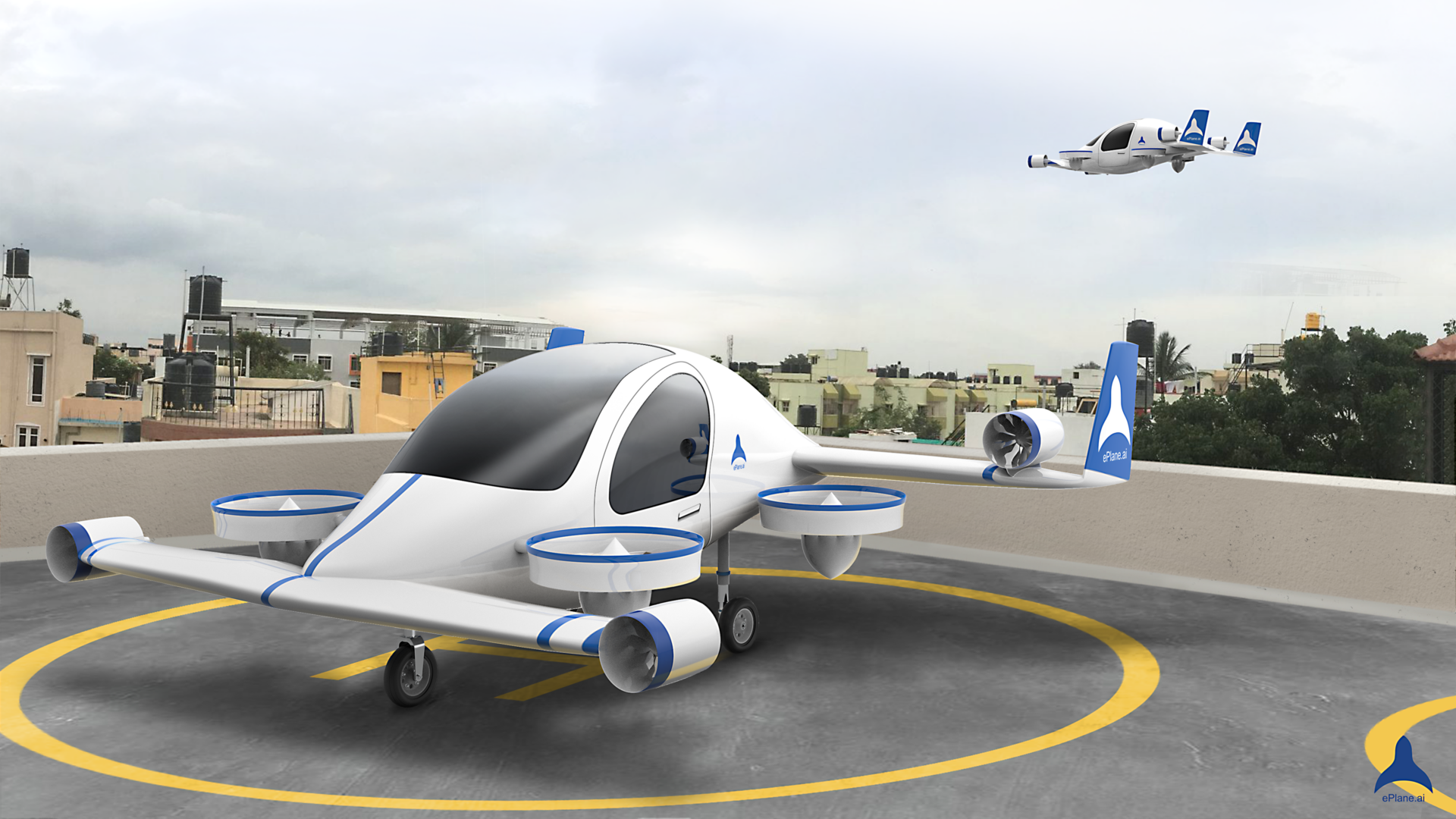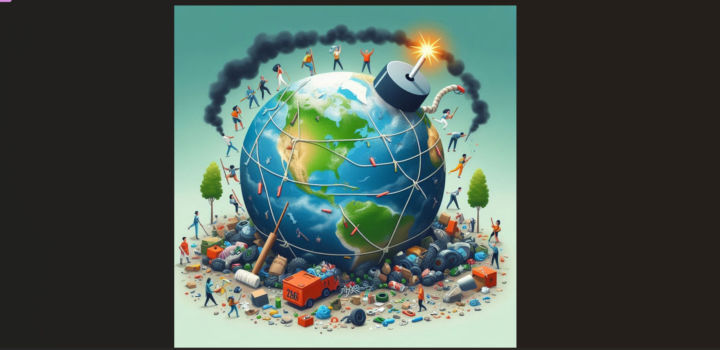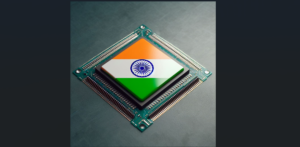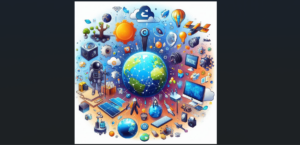The ePlane Company, a developer of Electric Vertical Takeoff and Landing (eVTOL) aircrafts, announced that it has received Design Organisation Approval (DOA) from the Directorate General of Civil Aviation (DGCA). The DOA is a crucial first step in the aircraft certification process, and it paves the way for ePlane to begin commercial production of its e200 eVTOL aircraft.
The certification brings us a step closer towards our mission to ensure safe passenger flights in India and the world
Prof. Satyanarayanan Chakravarthy, Founder and CEO, The ePlane Company
“We are delighted to receive the DOA certificate from the DGCA,” said Prof. Satyanarayanan Chakravarthy, Founder and CEO, The ePlane Company. “This is a major milestone for our company, it is a crucial first step in the aircraft certification process and paves another stone on the path towards commercialisation of our e200 eVTOL aircraft. It gives us immense pleasure to announce that ePlane is the first startup in India to be approved as a Design Organisation and one of the very few private entities for complete aircraft design. The certification brings us a step closer towards our mission to ensure safe passenger flights in India and the world. We are grateful for the support of DGCA and IIT Madras in helping us to achieve this milestone.”
The DOA serves as a crucial initial step for The ePlane Company, signifying its capabilities to meet the stringent standards set by the Indian Ministry of Civil Aviation, allowing the company’s flying electric taxis to take to the skies. With the DOA Certificate in hand, ePlane is poised to continue its groundbreaking work in developing safe, efficient, and environmentally friendly aircraft for the future.
We are thrilled to witness the rapid growth and vast potential of the UAV and eVTOL ecosystem in India
Vikram Dev Dutt, Director General, DGCA
Vikram Dev Dutt, Director General, DGCA conveyed his enthusiasm about visiting The ePlane Company’s facility and personally presenting the Design Organisation Approval. He said, “We are thrilled to witness the rapid growth and vast potential of the UAV and eVTOL ecosystem in India. ePlane has demonstrated remarkable commitment to meeting stringent aircraft certification norms, reflecting their exceptional calibre and innovative approach. I extend my heartfelt congratulations to the entire ePlane team on achieving this significant milestone, and I am confident in the future success of ePlane and its remarkable e200 aircraft.”
I am delighted to be a part of this historic moment and I commend the nurturing ecosystem at IIT Madras, which supports both educational initiatives and startup incubation
Prof Kamakoti, Director, IIT Madras
Prof Kamakoti, Director, IIT Madras said, “I am delighted to be a part of this historic moment and I commend the nurturing ecosystem at IIT Madras, which supports both educational initiatives and startup incubation.”
The ePlane Company is in pursuit of developing India’s first and the world’s most compact flying electric taxi, designed for up to 10x faster intra-city commute and cargo transport. Incubated at IIT Madras, Chennai since 2019, The company was founded by Professor Satya Chakravarthy with a vision to make flying ubiquitous.
The ePlane e200 is a two-seater aircraft that is designed to operate in urban spaces. With a travel range of 200 km, it can make multiple stops on a single charge, saving consumers a significant amount of time. The solution will also become a key contender to a viable commute solution to people in low-accessibility areas as well. The DOA is a significant achievement for ePlane, and it is a testament to the company’s commitment to safety and innovation and will help to make Urban Air Mobility (UAM) a reality in India and around the world.
As an Urban Air Mobility (UAM) startup, the company aims to alleviate on-road traffic congestion in cities worldwide by offering safe, sustainable and affordable flying experiences through our flagship product, The ePlane e200.
The company intends to make door-to-door flying a reality and redefine the way we currently commute, and help people save a significant amount of time every day.












